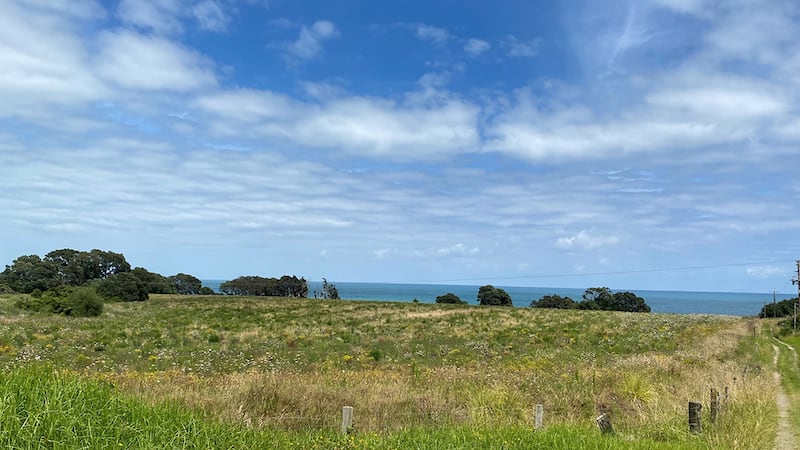Today Economic Development Minister Stuart Nash launched Te Whānau ā Apanui Trust‘s plan for a $45 million land-based mussel spat hatchery, Te Huata and Mussel New Zealand, by announcing a government grant of $6 million to help.
Te Whānau ā Apanui leader Rikirangi Gage leader was excited about the grant and keen to get to work.
“This is a first for us receiving funds to do initiatives like this. I am overwhelmed,” Gage said.
The New Zealand mussel industry is valued at $400 million, with a third of that in spat mussels. This venture will provide 1000 new jobs, which Gage welcomed.
What we have seen because of Covid is that our people scattered around the country want to come home. From this initiative, they can and it will be a place of learning and life substance,” he said.
The government’s $6 million comes from provisional growth funds and the Regional Strategy Partnership Fund.
The iwi aims to produce 30,000 tonnes of mussel spat a year and sell to mussel farmers throughout New Zealand.
A hatchery is a human-made system where mussels are bred, parent mussels produce egg and sperm, and then the larvae, which are tiny swimming seeds.
They are raised and fed on floating plants until it gets to the point where they are ready to settle on a piece of seaweed, twisted on Christmas tree rope in the tanks. The ropes are then moved out and hung out on a farm.

Developing a future
Between five and 10 hectares of Te Whānau ā Kaiaio land will be used to build the $45 million hatchery.
Te Whānau ā Kaiaio’s Joe Ngatoro said the land wasn’t on the table until the hatchery planners came across the land by chance.
“But when they said they wanted to come and build there, yes, we were quite happy because we could see development of the land, development of a future for our mokopuna, development in education,” Ngatoro said.
Building will start later this year with completion by 2024.
Nash says he is excited to be working in partnership with iwi and knows the answers for wealth lies in the regions.
“We want to build this industry significantly.
Regional potential
“We have amazing potential. The vast majority of that potential actually exists in our regions like Opōtiki, Te Kaha etc,” he said.
Māori Party co-leader Rawiri Waititi was at the announcement.
He said he was thankful to the government for its contribution but put out a challenge to iwi: “We should challenge government for these financial supports and more so we can start initiatives for the betterment of our next generation,” he said.


